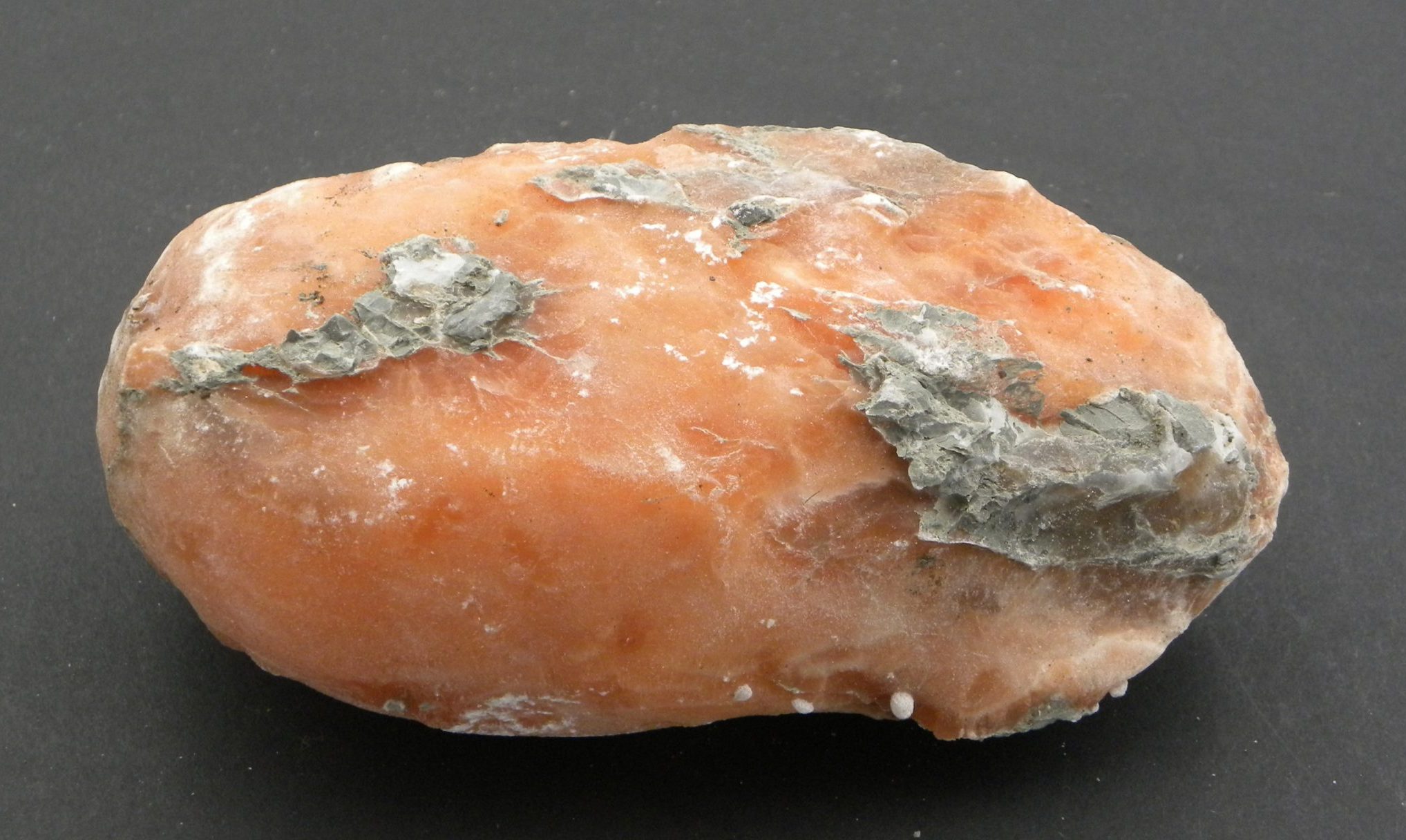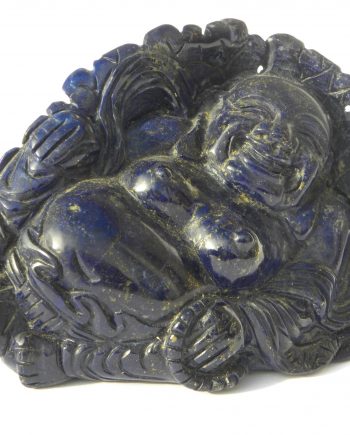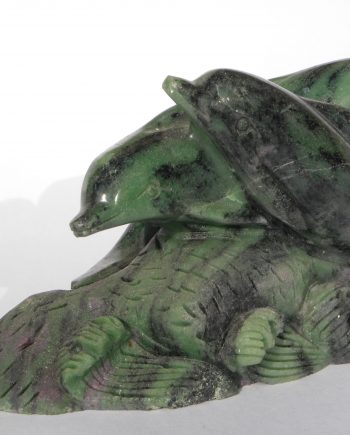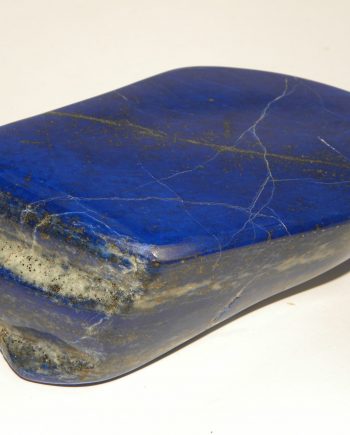Description
Somerset Alabaster or Gypsum (calcium sulphate) 12cm and 525gm
This specimen of Somerset Alabaster or Gypsum is a salmon pink colour. It has come from Blue Anchor Bay, in Somerset. This specimen weighs 525gm and is 12cm at the widest point. The nodular pink alabaster comes from the green and grey mudstone at the eastern end of Blue Anchor Bay. The gypsum from Blue Anchor Bay is sought after by sculptors and has been for hundreds of years. Because of the fine grains in the gypsum, it is easy to polish. Additionally it was popular, being a softer and more workable alternative to marble.
Alabaster gets its name from the Greek word ‘alabaster’s‘. Alabaster is a crystalline and also a translucent form of Gypsum. (a hydrous sulphate of calcium) It is classified as an evaporite mineral, formed millions of years ago. It was formed by the evaporation of lakes, leaving the gypsum behind to solidify. In the same way as salt is produced in salt pans or flats. These days the largest workable deposits of Alabaster are in the Ebro Valley in Aragon, Spain.The ancient Greeks and Romans regarded this as an important mineral for carving and making storage and also drinking vessels. When cut in thin sheets, alabaster was used in windows, as it was translucent enough to let the light through.
Return to Crystals and Minerals Return To Minerals A-Z









